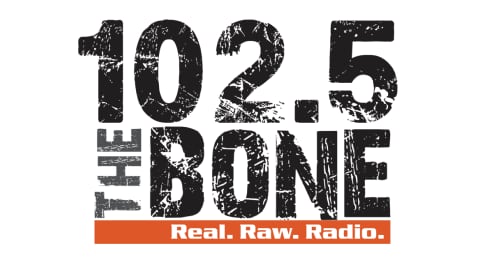FORT WORTH, Texas — A federal judge on Friday temporarily blocked a rule that would have prohibited credit card companies from charging consumers late fees in excess of $8 per month.
Judge Mark T. Pittman, ruling in U.S. District Court for the Northern District of Texas in Fort Worth, granted the preliminary injunction, The New York Times reported.
The rule was scheduled to go into effect on Tuesday, according to the newspaper.
A federal judge in Fort Worth temporarily blocked a new rule that would cap fees on late credit card payments at $8 a month, siding with bank and credit card company lobbyists who contend in a lawsuit that it is unconstitutional.https://t.co/bwFhHruGfl
— The New York Times (@nytimes) May 11, 2024
The latest ruling was a victory for big banks and major credit card companies, The Associated Press reported. They collect billions in revenue annually in late fees, which typically averaged $32 per month. It was also a win for the U.S. Chamber of Commerce, which spearheaded the lawsuit on behalf of the banks, according to the news organization.
The preliminary injunction means the original rule cannot go into effect until a hearing is held, CNN reported. Pittman will hear arguments from both sides, according to the Times.
The Consumer Financial Protection Bureau announced the new rule in March which would have limited card issuers to an $8 late fee unless they could show that more money was needed to cover their collection costs, the newspaper reported. The bureau said the rule would apply to more than 95% of all outstanding credit card balances.
Rohit Chopra, the bureau’s director, said the new rule would bring a halt to “the era of big credit card companies hiding behind the excuse of inflation when they hike fees on borrowers and boost their own bottom lines.”
The rule was endorsed by President Joe Biden.
Two days later, the U.S. Chamber of Commerce joined the American Bankers Association and the Consumer Bankers Association -- whose boards of directors include executives from Bank of America, Capital One, Citibank and JPMorgan Chase -- in suing Chopra and the bureau, the Times reported.
“The credit card lobby’s lawsuit is an attempt to derail a rule that will save families $10 billion each year in order to continue making tens of billions of dollars in profits by charging borrowers late fees that far exceed their actual costs,” a Consumer Financial Protection Bureau spokesperson told CNN in a statement. “Consumers will shoulder $800 million in late fees every month that the rule is delayed -- money that pads the profit margins of the largest credit card issuers. We will continue to defend this rule so that working families can stop paying excessive late fees that Congress banned more than a decade ago.”
Industry representatives said the proposed rule would backfire, leading to an increase in late payments if the fee was not high enough to discourage tardy payments, The Wall Street Journal reported.
“By almost eliminating the fee, it could increase the number of late payments, which harms the credit worthiness of the consumer,” Jodie Kelley, chief executive officer of the Electronic Transactions Association, told the newspaper.
According to a national Consumer Reports survey published in September, one in five American adults said they had paid a credit card late fee in the previous year, CNN reported. The survey added that 82% of the respondents said they supported lowering the maximum late fee.
“This ruling is a major win for responsible consumers who pay their credit card bills on time and businesses that want to provide affordable credit,” Maria Monaghan, who serves as counsel for the U.S. Chamber’s Litigation Center, said in a statement, according to The Washington Post. “The CFPB’s attempted micromanagement would have raised costs for most credit card users and made it harder for businesses to meet consumers’ needs. The U.S. Chamber will continue to hold the CFPB accountable in court.”
© 2024 Cox Media Group


